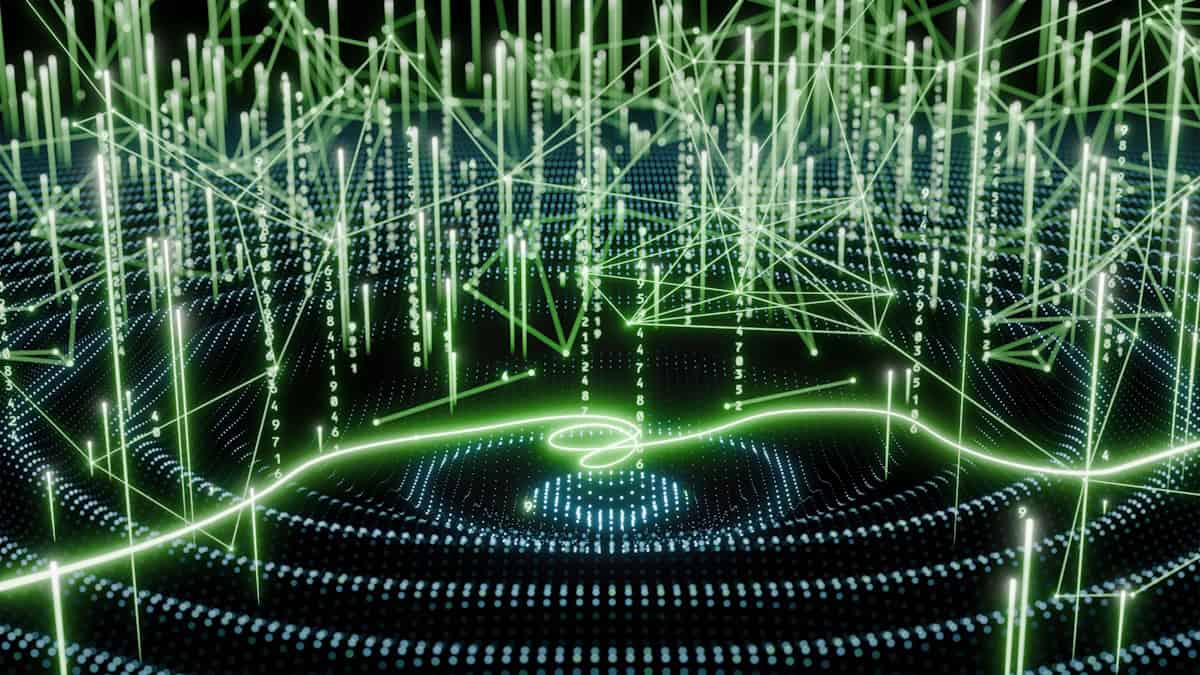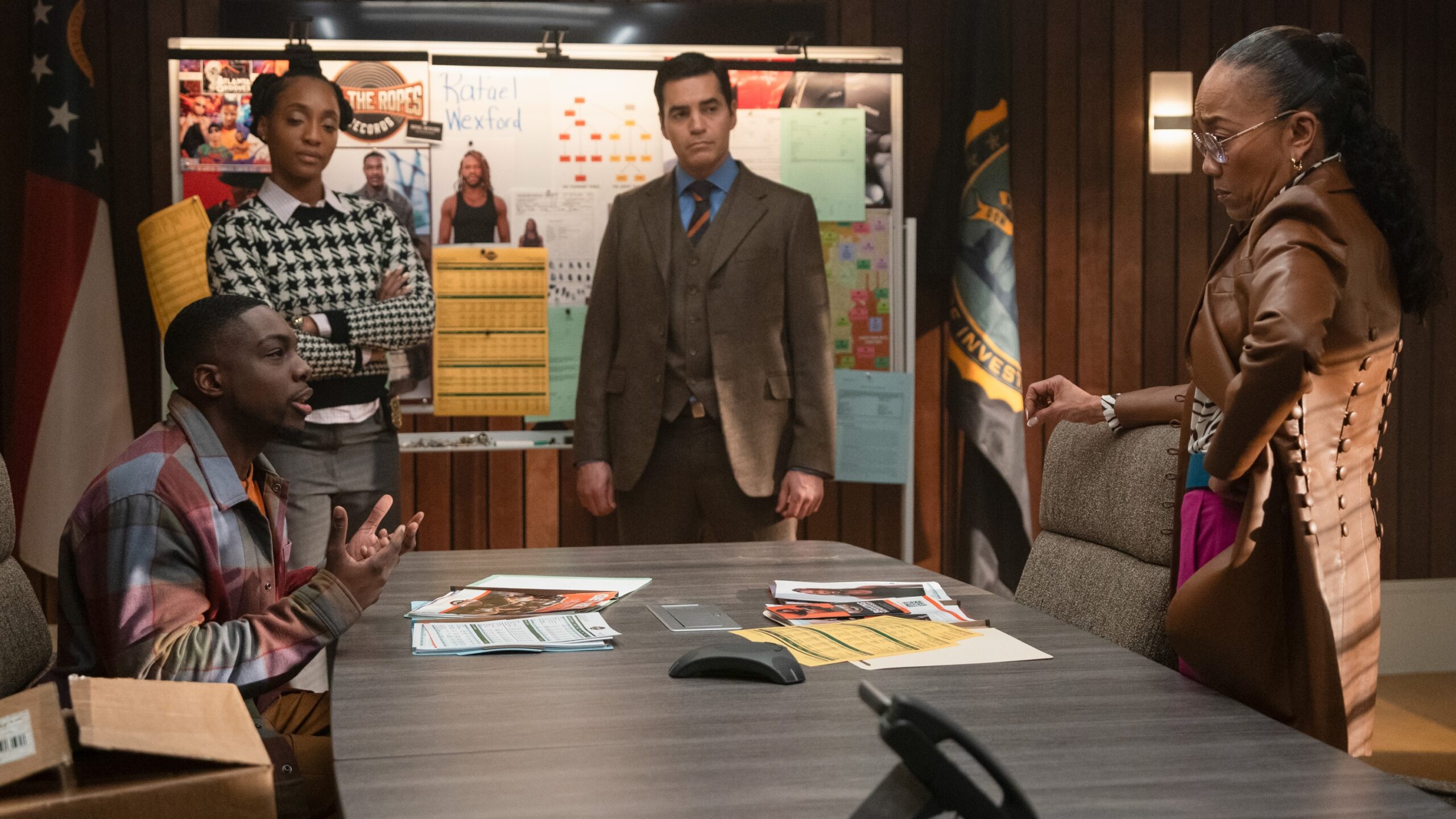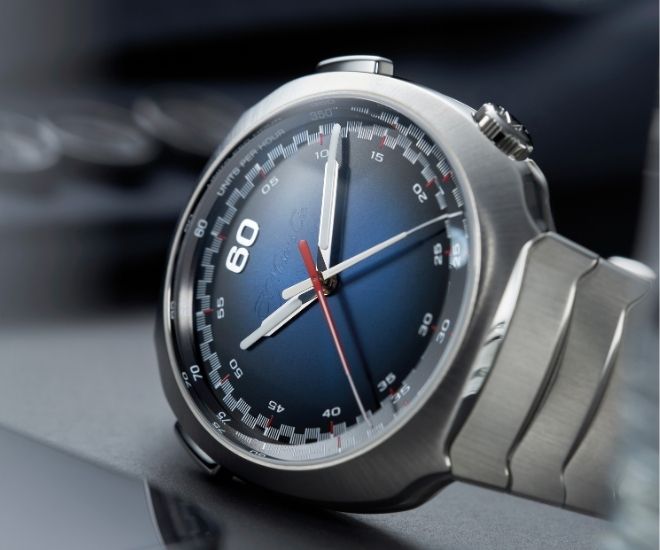Indian Space Research Organisation (ISRO) and Microsoft on Thursday signed a Memorandum of Understanding (MoU) to fuel the growth of space technology start-ups in India. The MoU seeks to empower space tech start-ups across the country with technology tools and platforms, go-to-market support and mentoring to help them scale and become enterprise-ready.
This collaboration has come at a time when Microsoft Chairman and CEO Satya Nadella is in the city to take part in Microsoft Future Ready Technology Summit . The collaboration seeks to strengthen ISRO’s vision of harnessing the market potential of the most promising space tech innovators and entrepreneurs in India, Microsoft said in a release.
Through this tie-up, the space tech start-ups identified by ISRO will be onboarded onto the ‘Microsoft for Start-ups Founders Hub platform’, that supports start-ups at every stage of their journey from idea to unicorn, it said.
Noting that through the hub, space-tech start-up founders in India will have free access to the tech tools and resources they need to build and run their business, the release further said, this includes technical support to build and scale on Azure, best-in-class developer and productivity tools including GitHub Enterprise, Visual Studio Enterprise and Microsoft 365 and access to smart analytics with Power BI and Dynamics 365.
ISRO Chairman S Somanath said the space agency’s collaboration with Microsoft will greatly benefit space tech start-ups in their analysis and processing of vast amounts of satellite data for various applications, using cutting-edge methods like AI, Machine Learning and Deep Learning.
“The Microsoft for Start-ups Founders Hub is a useful platform for bringing together start-ups and providers of technology solutions to support the national space technology ecosystem. We are pleased to work together to assist and support entrepreneurs, to in-turn benefit the Indian economy as a whole,” he said.
Beyond access to technology, Microsoft will provide mentoring support to space tech entrepreneurs in areas ranging from space engineering to cloud technologies, product and design, fund-raising and sales and marketing.
In addition, founders will have access to Microsoft Learn for tailored start-up-centric training content and programmes to help them build connections with the industry and potential customers.
“Space tech start-ups in India are playing a significant role in advancing the country’s space capabilities with the power of technology. We are pleased to collaborate with ISRO to accelerate this transformation of what’s possible in space. Through our technology tools, platforms and mentorship opportunities, we are deeply committed to empowering space tech start-ups in the country to drive cutting-edge innovation and accelerate scientific discovery,” Microsoft India President Anant Maheshwari said.
Microsoft and ISRO will also jointly organise knowledge-sharing and thought leadership sessions for the start-ups with space industry experts. In addition, the collaboration will support founders with go-to-market strategies, technical support and opportunities to sell their solutions via Microsoft channels and marketplace, the release said.
Catch the latest from the Consumer Electronics Show on Gadgets 360, at our CES 2023 hub.






